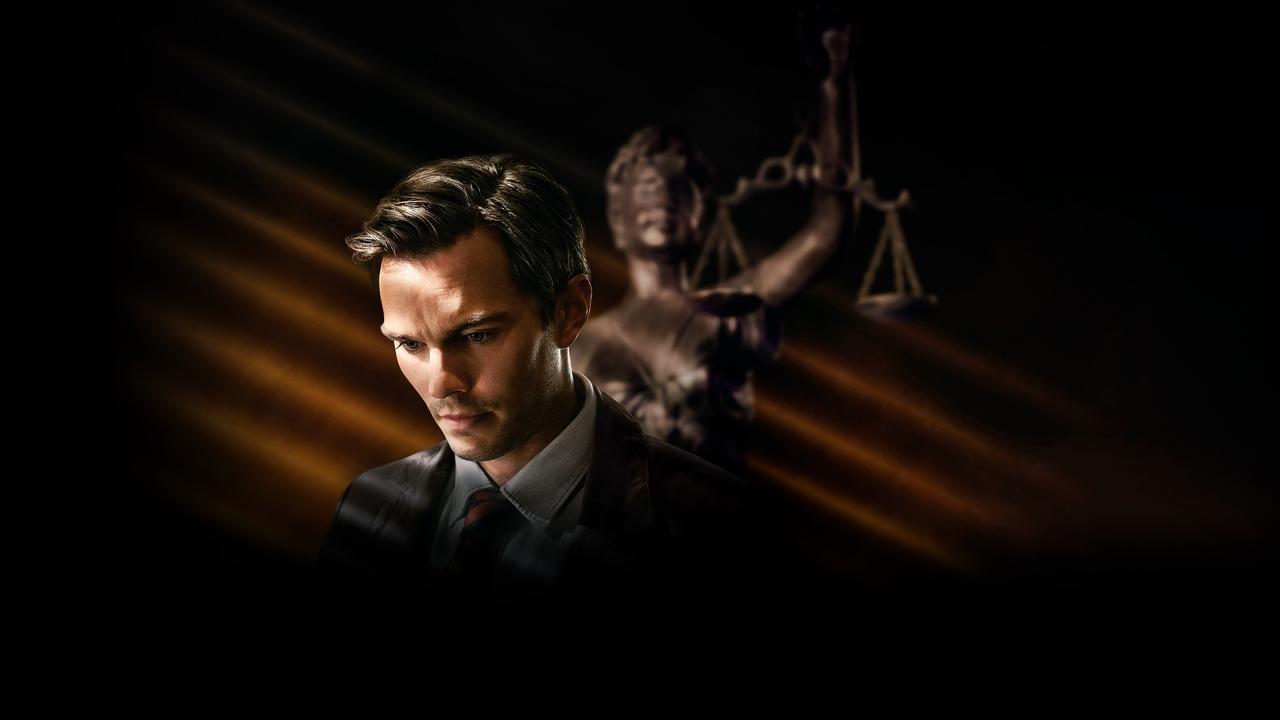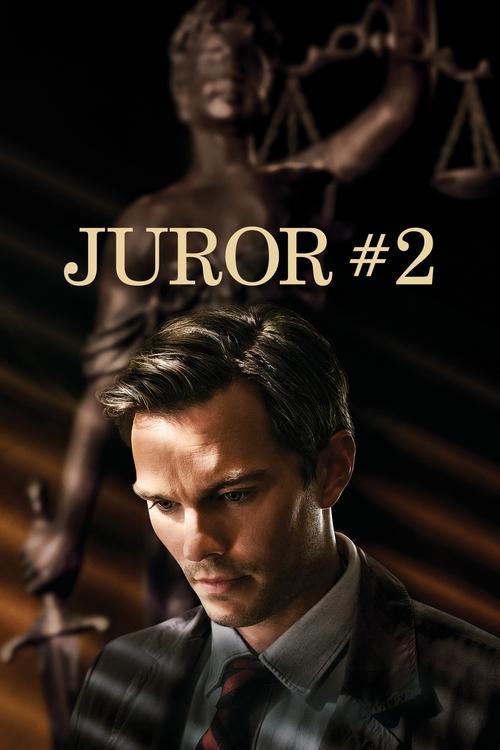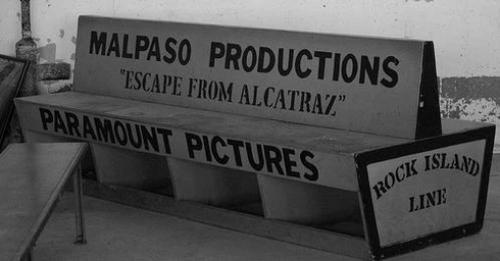
 Juror #2
— Justice is blind. Guilt sees everything.
Juror #2
— Justice is blind. Guilt sees everything.
Juror #2

While serving as a juror in a high profile murder trial, family man Justin Kemp finds himself struggling with a serious moral dilemma…one he could use to sway the jury verdict and potentially convict—or free—the accused killer.





















































In “Juror #2,” Clint Eastwood delivers what feels like a love letter to courtroom dramas of decades past—a refreshing breather for audiences who miss stories that blend tension, subtlety, and palpable emotional weight. At 94, with a filmography that’s seen its fair share of highs and recent lows, Eastwood proves he’s still capable of turning a seemingly simple film into something memorable, without resorting to over-the-top theatrics or flashy narrative tricks. This is the kind of cinema that thrives on well-crafted characters and an engaging plot, elevating what could have been just another procedural into something thought-provoking and gripping.
At the heart of the story is Justin Kemp, played by Nicholas Hoult in one of his strongest performances to date. He carries the burden of a regular guy thrown into an extraordinary situation. Jonathan Abrams’ script masterfully balances tension and morality as Justin, an otherwise unremarkable juror, starts questioning not only the evidence in the case but also his own role in the events of that fateful night. It’s fascinating to watch the film unravel Justin’s facade of neutrality, turning him from a passive observer into a key player in a moral conundrum. Hoult’s performance is understated but powerful, capturing the anguish of a man trapped between the truth and the consequences of revealing it.
Savannah’s sultry, tension-filled setting feels like another character in the story. Yves Bélanger’s cinematography beautifully contrasts the oppressive heat of the streets with the cold, stifling atmosphere of the courtroom. The flashback sequences, unraveling the hazy details of Kendall’s (Francesca Eastwood) death, are a masterclass in suspense-building. Every cut, every sound of a brewing storm, and every subtle lighting shift adds to the unease, pulling the audience into the chaos of that stormy night.
The supporting cast is another major strength. J.K. Simmons shines as a seasoned juror and former detective, delivering a magnetic performance filled with cynicism and sharp wit. He’s the kind of character who steals every scene he’s in, but never to the detriment of the central narrative. Toni Collette, as prosecutor Faith Killebrew, brings a fierce energy to the screen, adding another layer of pressure to the unfolding events. Her presence makes it clear that there’s more at stake than just a verdict of guilty or not guilty.
What truly sets “Juror #2” apart is Eastwood’s handling of the story’s moral complexity. This isn’t a film that offers easy answers. The script toys with the concept of justice—not just in the legal sense, but in ethical and personal terms. As a juror, Justin is forced to wrestle with the tension between doing what’s right and doing what he can live with. The audience is invited to question alongside him: how far would someone go to protect themselves, even if it meant compromising the truth? These questions are explored with a depth rarely seen in contemporary films, especially in a genre that often leans on predictable tropes.
And then there’s the ending—a conclusion that, while shocking, feels perfectly aligned with the emotional and moral journey built throughout the film. Eastwood delivers a finale that not only surprises but also demands reflection. It’s the kind of ending that sparks heated debates, a reminder that cinema can still serve as a platform for meaningful dialogue.
“Juror #2” doesn’t reinvent the genre, nor does it need to. Its brilliance lies in its simplicity, its faith in the strength of storytelling, and its trust in its cast to carry the weight of the narrative. If this truly is Clint Eastwood’s swan song as a director, he’s bowing out with grace, proving there’s still room for honest, character-driven stories in a landscape crowded with disposable productions. For those who miss films that treat their audience like thoughtful adults, “Juror #2” is a rare gift—a genuine piece of cinema from the old school, yet still deeply relevant.